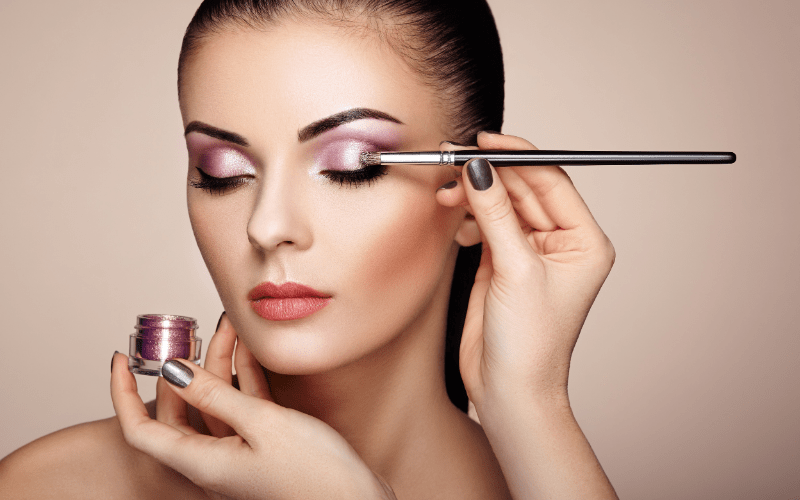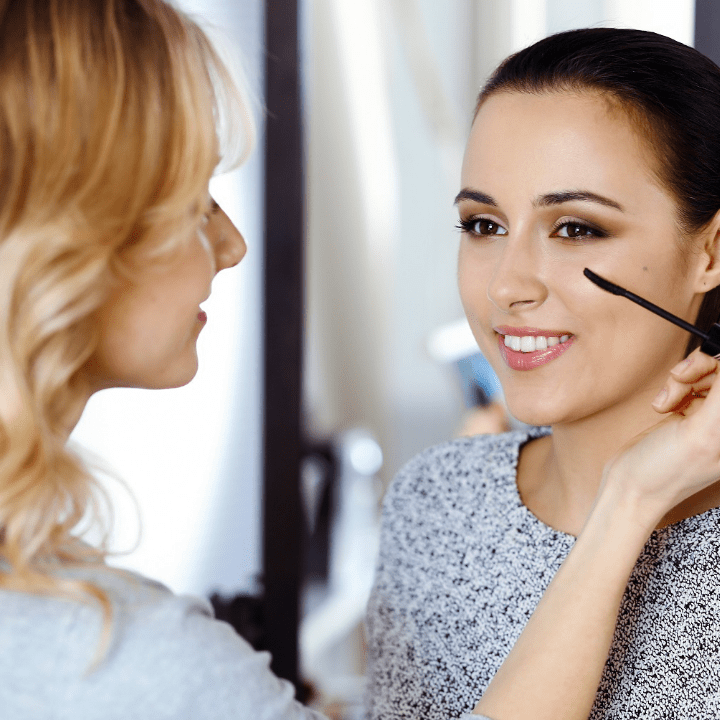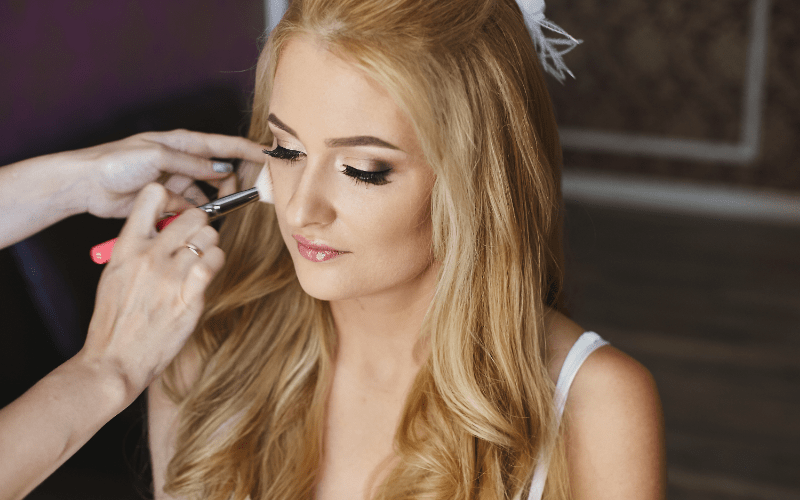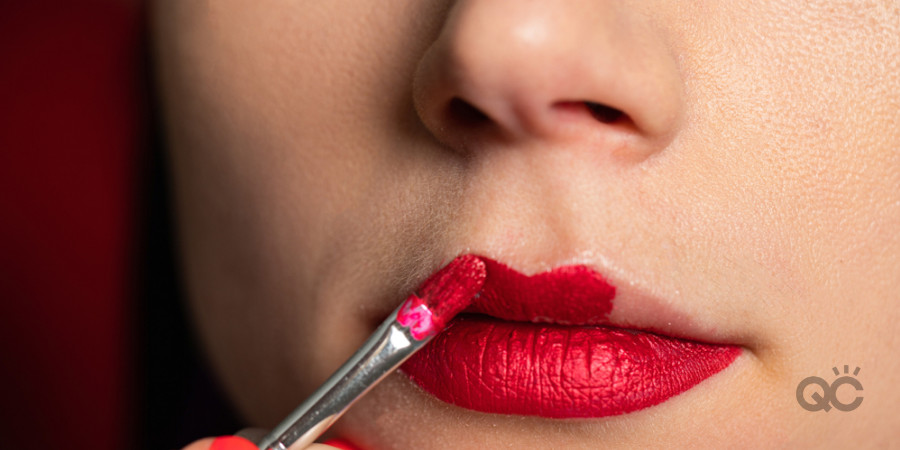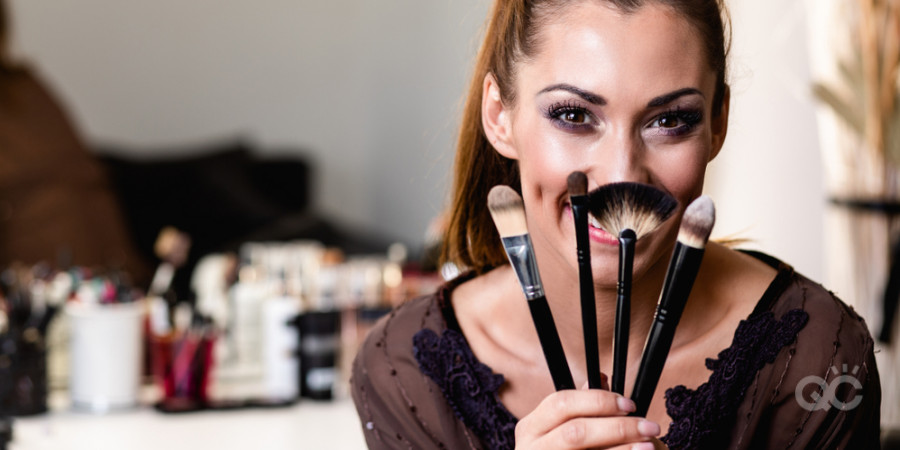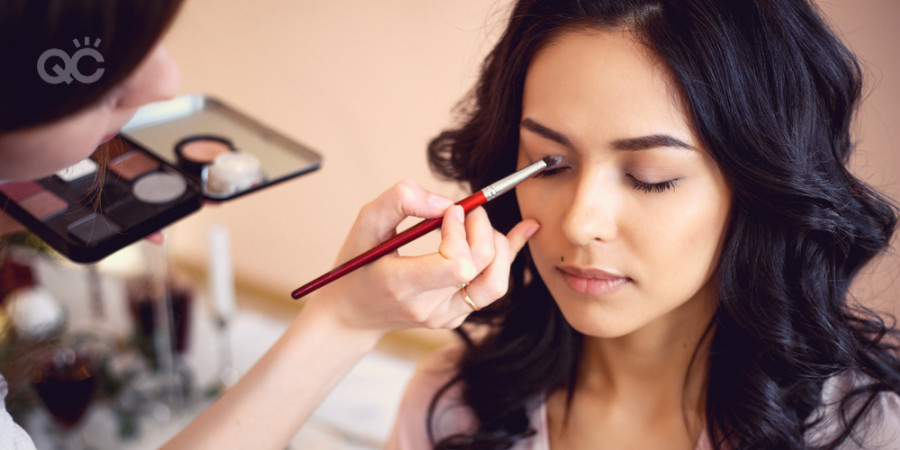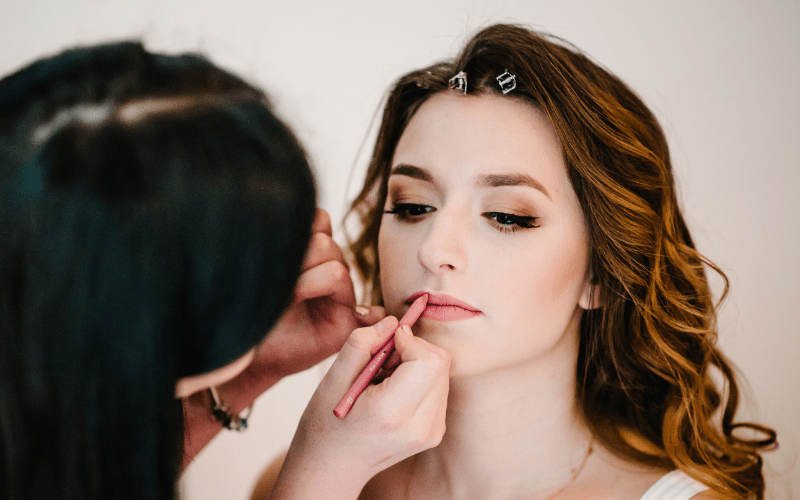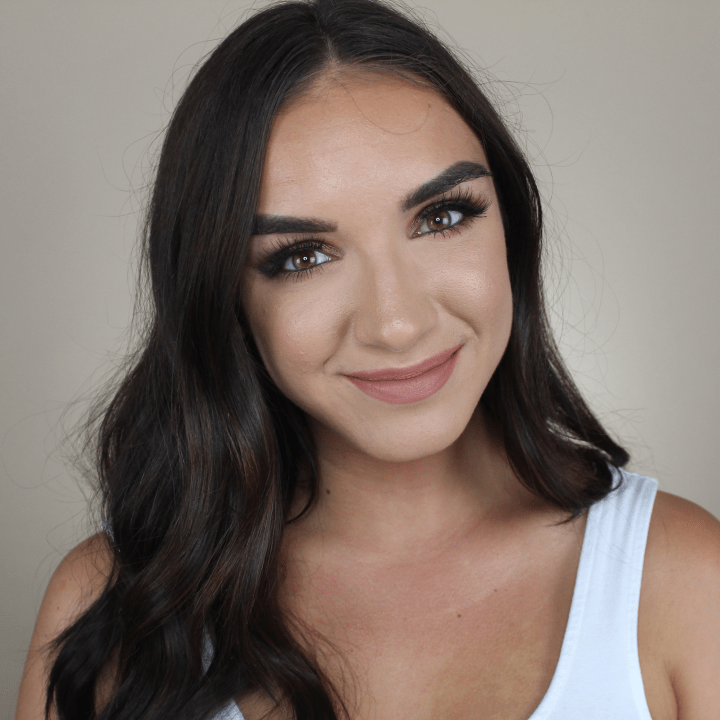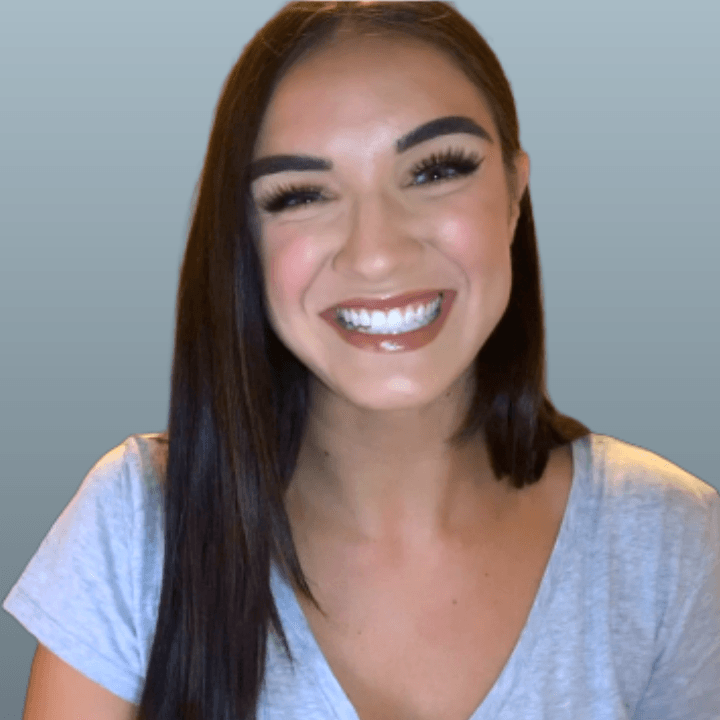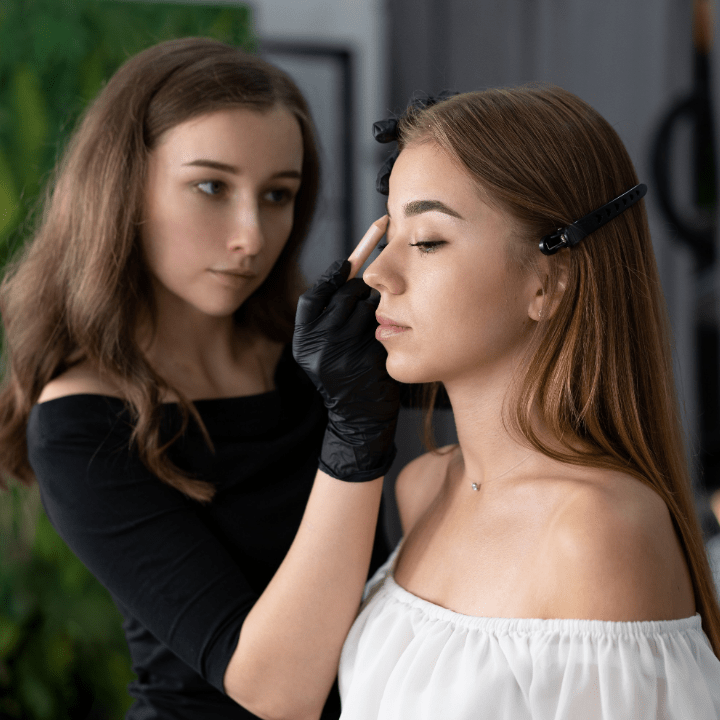
Not all makeup artists use contracts for their makeup jobs. If you have a home studio and book clients for small events, odds are you don’t need a contract. But for larger makeup jobs, where you’re going to travel to meet your client or commit an entire day of work to a single client or event, a good makeup artistry contract will help protect you and your business.
Read on to find out more about how to write a makeup artist contract.

What to Include in your Contract
A few years ago we wrote a full article about exactly what you should include in your contract. Below is a summary of those points, but you can find the full outline here.
- Information on your client including contact information and any allergies/conditions they may have that will affect the products you can use
- A clear outline of your services including the location, times you will be working, the scope of the job, etc.
- Your payment terms, including the final price and any payment arrangements. For example, if a deposit is due in advance, etc.
- Cancellation clauses including a clause that protects you in case of unforeseen circumstances
- Indemnity clauses that protect you and your business against being sued for negligence
Best Practices for Writing Your Makeup Contracts

Contracts can easily be overdone or completely useless. If you want a simple makeup artistry contract that actually does its job, follow these important points:
- It’s a good idea to use a basic template, and to have a lawyer scan it over to identify any potential legal problems ahead of time. After all, a contract is there to protect you and your makeup business.
- Use simple, straight-forward language. Don’t try to be fancy with your contract. Use “you” when referring to your clients and “I” when referring to yourself.
- Be specific and avoid words that are open to interpretation. For example, instead of saying “afternoon”, say “from Noon to 5pm”. This avoids having clients argue with you about semantics.
- Some clients will ask you to revise some elements of your contract. This in itself isn’t outrageous. Most clients might ask for a slightly different payment structure/deadlines or ask you to clarify terms, etc. However don’t let a client browbeat you into removing your cancellation policy or make other changes you’re not comfortable with.
How to Use Your Makeup Contract

Using makeup contracts properly will help protect you and your makeup business. Here’s a quick rundown.
- You should use a contract with every client if possible. You can use shorter contracts for quick same-day appointments.
- Read through the contract with your client and explain it to them in plain language. Make sure they understand what they’re signing.
- Send your client an electronic copy of your contract in a format that is not easily editable, like a protected PDF document.
- If a client doesn’t sign the contract in front of you or if they printed your contract themselves, be sure to re-read the contract to ensure it hasn’t been altered in any way.
Makeup artistry contracts can be a pain to set up initially, but trust me, if anything happens, you’ll be glad to have it!
Have you ever written a makeup contract? Let us know if you encountered any unexpected problems in the comments below!
